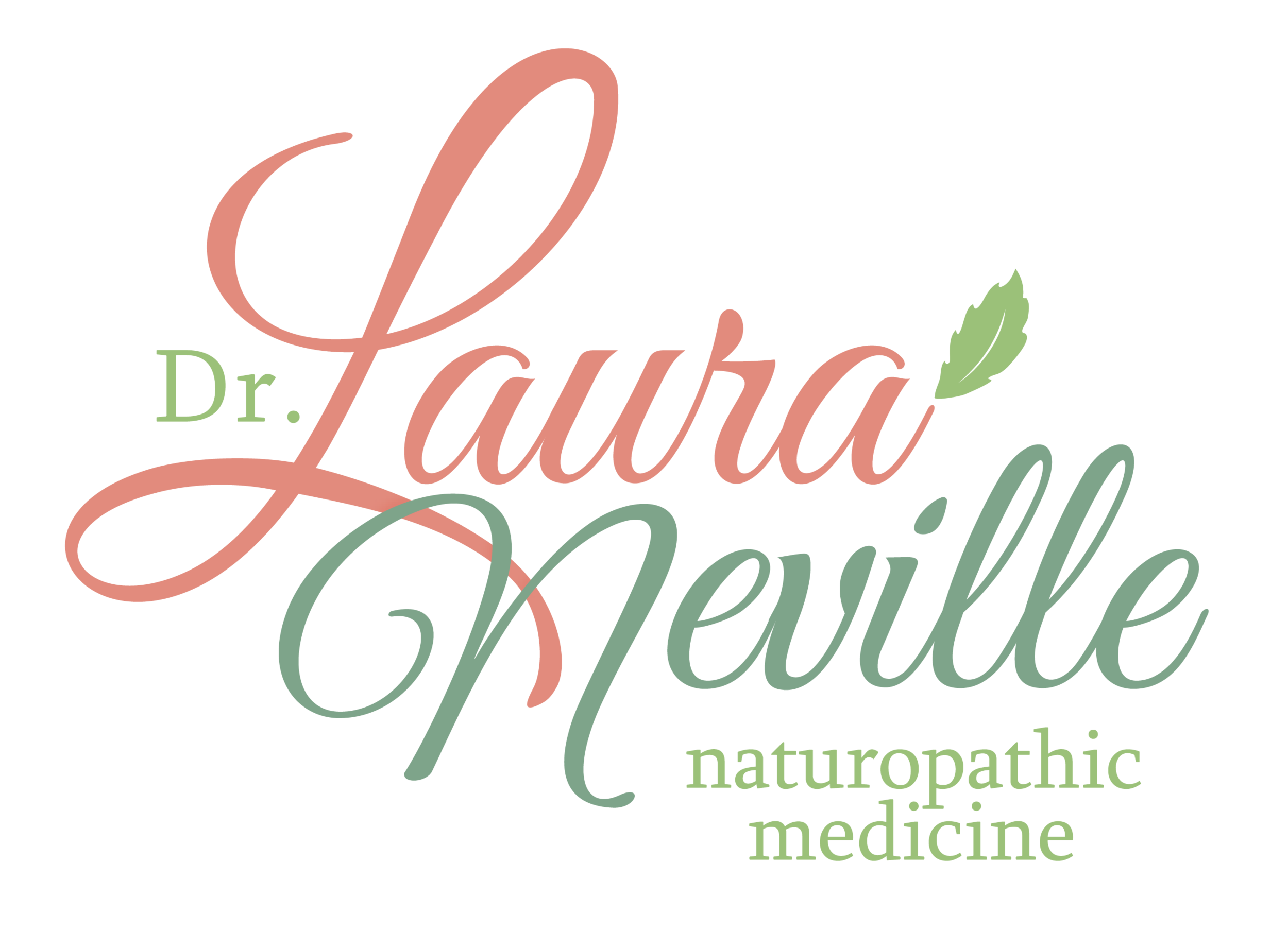Herbs And Women's Health Part II
Last week I highlighted some top herbs to treat hormone symptoms in women:
Chaste tree
Black cohosh
St. John's wort
Ginger
Fenugreek
Valerian
Maca
But I have a couple more to share with you!
Green Tea (Camellia sinensis)
Research supports its use to reduce risk of breast cancer, ovarian cancer, endometrial cancer (important as rates are on the rise), uterine fibroids, HPV/CIN, asthma, dental cavities, high cholesterol, and heart attacks.
It also reduces menopause symptoms, increases mental performance, supports weight loss and offers protection from the damage of too much sun exposure.
Kuriyama S, Shimazu T, Ohmori K, et al. Green tea consumption, and mortality due to cardiovascular disease, cancer, and all causes in Japan: the Ohsaki study. JAMA 2006 Sept 13; 296 (10): 1255-1265.
Nakachi K, Suemasu K, Suga K, et al. Influence of drinking green tea on breast cancer malignancy among Japanese patients. Japan J Cancer Res 1998;89:254-261
Roshdy E, Rajaratnam V, Maitra S, et al. Treatment of symptomatic uterine fibroids with green tea extract: a pilot randomized controlled clinical study. Int J Womens Health. 2013;5:477-486.
Tang N, Hua L, Qiu Y, Zhou G, Ma J. Tea consumption and risk of endometrial cancer : a metaanalysis. Am J Obstet Gynecol 2009;201:605.e1-8
Curcumin
Decreases the frequency of hot flashes in menopausal women, reduces growth of endometriosis, slows the HPV virus, successfully improves major depression (when dosed at 1,000 mg/day for at least 6 weeks), effectively improves NAFLD (non-alcoholic fatty liver disease), treats osteoarthritis of the knee (some studies show it to work as well as NSAIDS), and improves symptoms of rheumatoid arthritis.
Al-Karawi D, Al Mamoori DA, Tayyar Y. The role of curcumin administration in patients with major depressive disorder: Mini meta-analysis of clinical trials. Phytother Res. 2016;30(2):175-183.
Cao H, Wei YX, Zhou Q, Zhang Y, Guo XP, Zhang J. Inhibitory effect of curcumin in human endometriosis endometrial cells via downregulation of vascular endothelial growth factor. Mol Med Rep. 2017;16(4):5611-5617. doi:10.3892/mmr.2017.7250
Do Herbs Really Work?
Yes!
And though we don't have nearly enough research to back them up, the studies are growing each year.
Herbs are powerful medicine.
Because they are not made in a laboratory, they contain a multitude of constituents (not just one, as with pharmaceuticals), which act in a synergistic manner.
In this way, herbs can heal SO.MANY.DIFFERENT imbalances all at the same time.
When my patients tell me "this supplement didn't work" they were usually using a low quality supplement, and weren't using it for long enough to reach symptom improvement (many of these herbs require 2-3 months to gain traction). Quality really matters with botanicals. There are lots of bad eggs out there in the supplement world - companies that do not have your best interest at heart.
Check with a naturopathic doctor to learn about best dosing, sourcing, medication interactions, brands, and length of time needed to expect results.
Share this email with a friend!
💕
Dr. Laura Neville
Women's Hormone Cheat Sheet
Discover what hormone imbalances you are dealing with and how holistic medicine can solve them.
